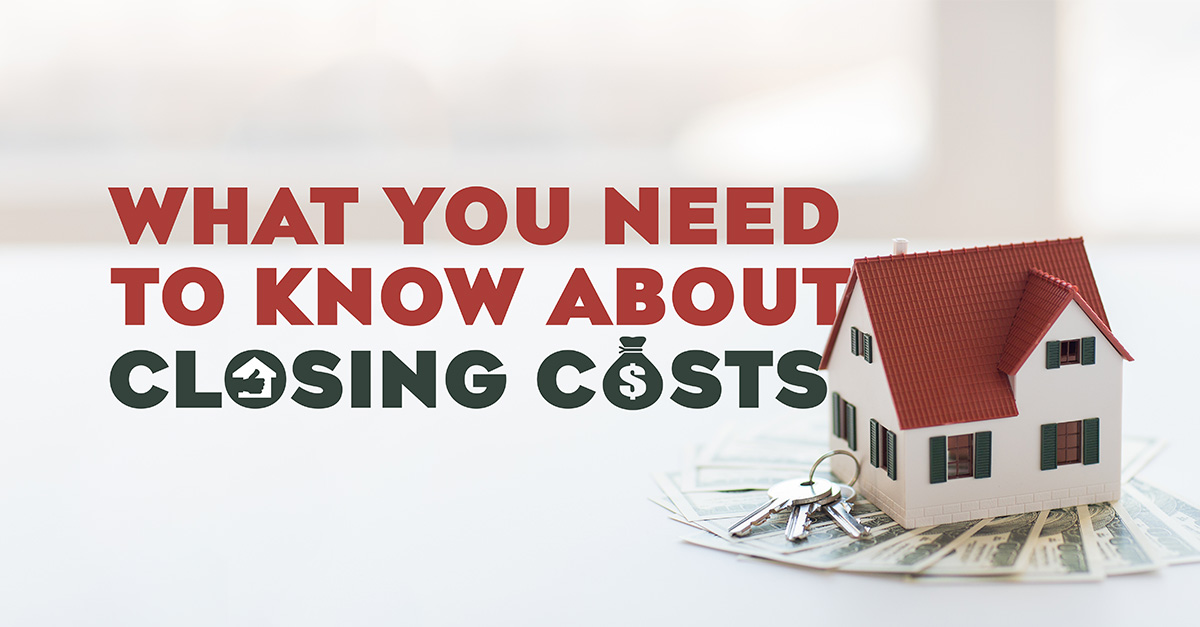When buying a home, closing costs are an important factor to consider. Closing costs are the costs associated with the purchase of a home, including fees for services and other charges. Closing costs can vary greatly depending on the type of loan and the terms of the agreement between you and the lender. According to data, buyers usually pay around 2-5% of their loan amount in their closing costs. The average closing cost for a single-family home purchase in the United States in 2021 was $6,905. Knowing what to expect can help you budget for the closing costs associated with buying a home. The first step to understanding closing costs is to know what types of services and fees are associated with the purchase of a home. These typically include:
- Loan Origination Fees – This is the fee charged by the lender for setting up the loan.
- Appraisal Fees – This is the fee charged by the appraiser for evaluating the property and determining its value.
- Title Insurance – This is the fee charged by the title company for insuring the title to the property.
- Transfer Taxes – This is the fee charged by the local government for transferring the title to the property.
- Escrow Fees – This is the fee charged by the escrow company for holding and disbursing funds for the purchase of the home.
- Recording Fees – This is the fee charged by the local government for recording the deed.
- Homeowner’s Insurance – This is the fee charged by the insurance provider for protecting the home from damage.
- Property Taxes – This is the fee charged by the local government for property taxes.
- Miscellaneous Fees – This includes fees for inspections, surveys, and other services associated with the purchase of the home.
In addition to these fees, there may also be additional costs associated with the purchase of a home. These can include closing costs related to the loan, such as points, origination fees, and other fees. Knowing what to expect can help you budget for the closing costs associated with buying a home. When shopping for a loan, it is important to know what the closing costs will be.
Different lenders may have different fees and charges associated with their loan programs. It is important to review the closing costs associated with each loan before making a decision. Your lender can provide you with an estimate of the closing costs associated with the loan. Closing costs can vary greatly depending on the loan and the terms of the agreement between you and the lender. Knowing what to expect can help you budget for the closing costs associated with buying a home. Be sure to ask your lender questions so that you understand all of the fees associated with the loan.
The Bottom Line
A buyer may be required to pay hefty closing costs when they purchase a property. The type of property you’re buying, whether you’re financing it, and even the details of your purchase agreement all affect the precise closing costs. Try to be as specific as you can when speaking with the mortgage lender because a number of variables, including the type of loan, the type of property, the type of occupancy, and your credit score, can affect what your closing costs may be. It’s important that you take into consideration the fees and terms so that you can make sure you are on the right path when it comes to closing costs.
What To Do:
Did you find this read interesting? Need expert and white glove advice? Get in touch for local and professional real estate advice in your neighborhood. Fill in the form above to speak with a real estate professional that specializes in this topic and more!
